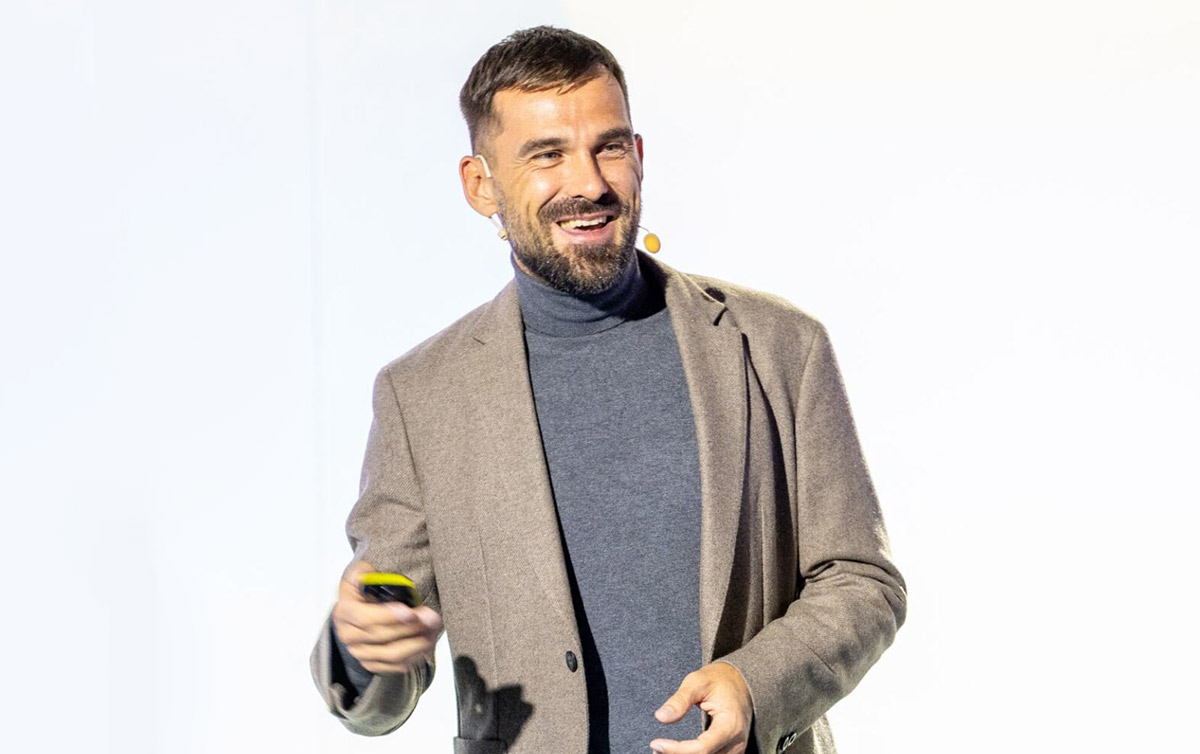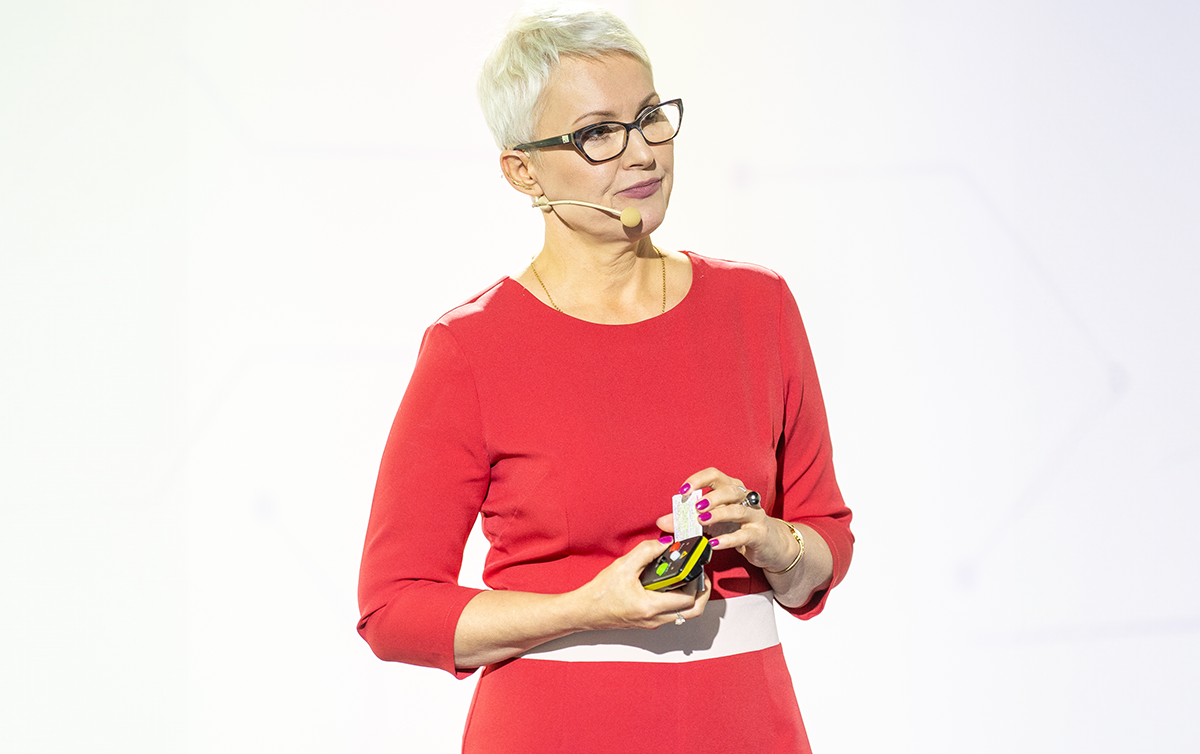Why take care of talent?
No one is irreplaceable – although this statement is quite common, it is fundamentally wrong. Actually, talented individuals who are committed to their work, communicate excellently with the team and fit into the organisational culture are real diamonds. And yes, the organisation can always try to recruit new ones, but it is still worth making every effort to ensure that such employees remain with the company for as long as possible.
Especially since it is simply cost-effective.
Experts have been sounding regular alarms for several years about shortages of workers in the Polish market. In the current reality, new recruitment processes represent higher-than-usual costs, as well as higher compensation levels for new resources [1].
Moreover, the alarming issue is not only the shortage of talent, but the so-called great resignation and quiet quitting, already observed in 2021 [2]. In the first case, a talent leaves the company, and in the second, a committed and effective employee works below their potential and performs only basic tasks. From the organisation’s perspective, both of these situations result in a loss of talent.
This means that retaining outstanding professionals in the company is a pressing issue, perhaps even more so than ever before.
How to retain professionals in the company?
The answer, of course, will vary depending on the employee’s individual needs, the generation to which that employee belongs, gender, family and housing situation, but also the nature of the company itself. However, it is possible to pinpoint issues that regularly come up in expert reports – it is worth taking them into account in order to retain talent in the company.
5 key factors that can contribute to retaining outstanding professionals in the company:
1. Remuneration
A ManpowerGroup report found that representatives of as many as five out of six generations surveyed admitted that they would be tempted to stay at their current company by a higher salary [3]. Interestingly, this also applies to Generation Z, for whom, in theory, personal development is the main driver. This sends a pretty clear message to employers. Keep in mind, however, that remuneration does not have to mean just the base salary. Cafeteria support can also be a good option as a motivating perk.
However, it must be stressed that remuneration alone will not build lasting employee commitment [4]. Even if it is a strong pillar of your strategy, it will not hold up the whole structure.
Remember – while remuneration is important for all generations of employees, it cannot be the only motivation, nor does it have to come down to salary alone.
2. Personal development
This aspect is important twofold. Firstly, it can make a company attractive as a workplace. And secondly, it makes talent... remain talent. Giving up on building a culture of personal development in the organisation can make even the best experts, equipped with outdated knowledge, unattractive in the market.
Development is understandably an especially important value for the youngest generation. In a ManpowerGroup survey, Generation Z respondents named it second (after earnings) on their list of employee priorities [3]. However, this does not mean that the issue is overlooked by other age groups – it is definitely the second strong pillar of the strategy for retaining the most valuable employees.
The advice for companies here is very simple – invest in training. Importantly, this is not just about professional issues or language courses. It is worthwhile to provide employees with products such as MultiLife. This benefit allows you to develop comprehensively, build healthy habits and maintain optimal fitness through, among others, consultations with experts and thematic programmes led by them, which are full of online events and useful tips.
Remember – when investing in personal development, don’t just focus on hard skills, also take care of soft ones and anything related to a healthy lifestyle for the team.
3. Appreciation
When it comes to wellbeing, it is worth emphasising another important aspect, namely appreciation. It turns out that only 49% of the world’s workers have undergone an employee assessment, and 71% say their manager can identify their potential [3].
Such an assessment is also important for the organisation itself. This is because it turns out that the majority, i.e. as many as 86% of employees, consider themselves to be talent [5]. So it’s worth assessing real value and commitment, and then recognise them accordingly. Reaching for tools available, for example, with MyBenefit, you will increase the motivation of your team thanks to modern benefits, gamification and friendly rewards.
Remember - regular employee assessments are important for both the company and the employees. Appreciate and reward with, for example, non-wage benefits.
4. Flexibility
This issue is perhaps most strongly associated with working time. No wonder. The employees themselves are also raising the issue. The said ManpowerGroup report found that flexible working hours ranked high on the list of needs, especially among millennials and Generation X [3].
It is worth remembering that flexibility is also a matter of work model. More and more companies are opting for the hybrid model for this very reason. This need can also be seen in the choice of benefits. According to data from Benefit Systems’ 2022 report, more than half of employees are already demanding online benefits from their companies [6]. Listening to this voice is a strong element related to flexibility, but also appreciation. Moreover, benefit developers have responded to this trend by making it easier for companies to introduce such solutions. One example is the aforementioned MultiLife that provides easy and convenient access to experts, webinars or useful wellbeing tools, precisely in remote form.
In this context, it is worth noting that technology can unfortunately sometimes be overwhelming. In an effort to use its capabilities to the fullest, there are times when companies put too many online work tools in the hands of employees, which are time-consuming and often frustrating to use. As many as 64% of employees say that the way they interact with technology directly affects their morale [7]. So it is worthwhile to make them comfortable in this relationship, which MyBenefit can effectively facilitate. With it you will provide your company with the necessary solutions on a single platform – fast, intuitive and simple.
Remember – listen to your employees’ needs regarding time and work model, as well as training and benefits. React on the fly, finding a compromise between expectations and possibilities.
5. Atmosphere
Last but not least, the fifth issue is related to organisational culture and is relevant for all generations. Working in a close-knit team is valued mainly by representatives of Gen Z and X, but it is still a common need. That is why it’s essential to put an effort into team building, which can be challenging today because of the hybrid work model.
In the context of motivating talent, giving them autonomy in decision-making is also important. And not only in decisions related to their professional field, but also to other matters. An example of this is again MultiLife, which allows employees to self-select benefits tailored to meet their individual goals.
Remember – take care of the organisational culture and avoid micromanagement. Greater autonomy in decision-making means greater commitment and motivation.
Of course, the 5 pillars mentioned are universal values, but not the only ones worth considering. Continuously increasing the competence of managers or even a company’s real commitment to pro-social activities – all of these can prove crucial for particular groups or individuals. So it is worth staying up to date and monitoring the needs of the teams. While this may seem complicated, it is also the easiest way to retain a company’s most valuable resources.
References:
https://www.portalkadrowy.pl/employer-branding/chcesz-zatrzymac-w-firmie-talenty-pozwol-im-sie-rozwijac-22318.html
https://prnews.pl/wielka-rezygnacja-i-ciche-odchodzenie-czy-jest-sie-czego-obawiac-467907
https://www.manpowergroup.pl/wp-content/uploads/2020/01/Rozwiazanie_problemu_niedoboru_talentow_PL.pdf
https://hrpolska.pl/hr/badania/jak-zatrzymac-w-firmie-talenty
https://hrbusinesspartner.pl/artykul/kultura-zarzadzania-talentami-czyli-jak-stworzyc-warunki-w-ktorych-kazdy-z-pracownikow-moze-zostac-talentem
A Benefit Systems report: “Tired, Indifferent and Uncommitted. Post-pandemic Needs of Employees”, 2022.
Ivanti report: “The Need for Improved Digital Experience”, 2022.





















